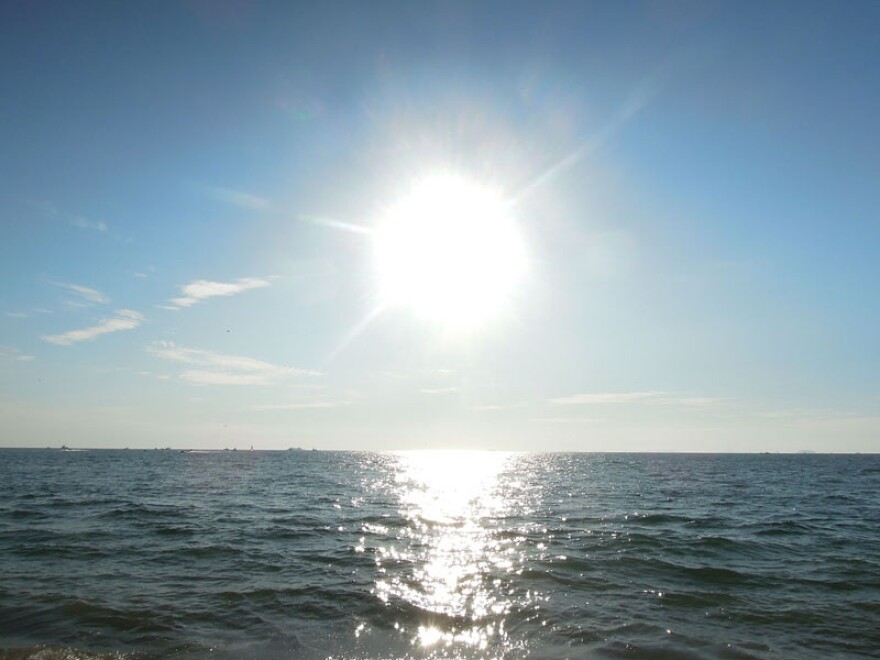The window of opportunity to prevent grave ecological damage to our oceans from climate change is closing. That's according to a paper appearing Friday in the journal Science.
The co-authors include researchers from the University of Washington and University of British Columbia.
Most scientists tend to shy away from politics. But it's a short leap from science to policy when it comes to climate change. In this case, 22 marine science researchers from nine countries collaborated to analyze scenarios for future life in the ocean in clear, stark terms.
They published in a science journal, but University of Washington Professor Ryan Kelly, one of the co-authors of the paper, said the ultimate target audience is political decision makers and climate treaty negotiators.
"If we keep putting CO2 in the atmosphere at the rate we're doing now, it becomes a really different ocean in this century,” Kelly said. “This isn't about our descendants way down the line. This is about our kids and our grandkids. That was eye-opening to me.”
The analysis describes a wide range of possible responses, but notes the "consensus view" is that "immediate and substantial reduction" of global warming pollution is required no matter what.
“A global climate change treaty that doesn’t reduce CO2 in the atmosphere is going to be inadequate,” Kelly said.
“Scientists don’t normally talk like that,” Kelly said, addressing the discomfort with making policy prescriptions. “But in this case, we can draw a very, very clear line between carbon dioxide in the atmosphere and the effects it is having on the oceans.”
The group’s paper catalogs a long list of consequences ranging from sea level rise, warming waters and displaced fisheries to acidification that hurts shellfish reproduction and expanding "dead zones."
University of British Columbia fisheries specialists William Cheung and Rashid Sumaila contributed expertise on how warming ocean waters are shifting species ranges toward the poles to cooler habitats.
"On a positive note, we still have options to substantially reduce these impacts now but the longer we wait the fewer and fewer options we have," Cheung said.
The Prince Albert II of Monaco Foundation was a primary funder of the analysis.
The lead author is a French expert on ocean acidification, Jean-Pierre Gattuso. The team Gattuso headed attempted to project how the world's oceans would likely evolve under two different trajectories.
One scenario represented business-as-usual and the other assumed significant cutbacks in CO2 pollution sufficient to keep average global temps from rising more than two degrees Celsius.
The Gattuso group had its eye on informing the negotiations over a new international climate agreement. High profile talks are planned for the end of this year in Paris under the auspices of the United Nations.
Animated video produced by the Science paper's authors to explain the basic science behind their conclusions:


